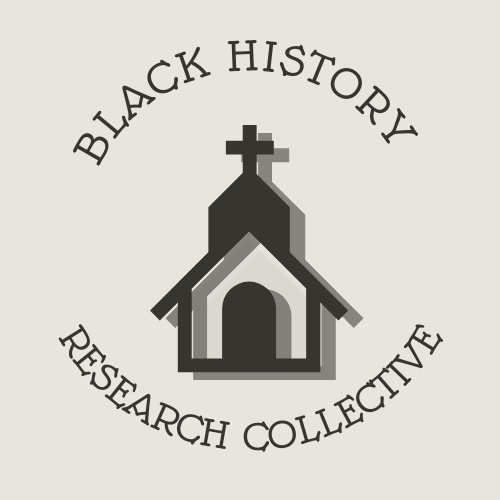A few days ago, I was in the Des Moines Register archives and noticed a curious new filtering option: A checkbox that said, “Hide Enslavements.” Someone from The Register reached out to say that their archives, like those of countless other newspapers across the United States, are hosted by Newspapers.com, and that the offending checkbox belongs to them. Newspapers.com has not responded to my queries.

Then, an Instagram follower chimed in that when you search via the “Collections” tab on Newspapers.com, the checkbox situation looks quite a bit different. There’s a checkbox to select only Black History, and a new beta checkbox to for the new “Enslavements Collection.” Of course, none of these are visible to me via my Des Moines Register archives account. The ability to filter for Black History only would have come in handy as I was researching Evelyn Davis: there were a several white women by the same name in the Des Moines, Iowa metro in the 1950s and 1960s.

Theoretically, there shouldn’t have been any enslavements to exclude in Iowa, but I had to double check and blessedly did not uncover a secret slave trade in my home state. The ability to search only for enslavements will be a tremendous help to Black Americans to track down family histories.
So, what’s the problem? This all sounds positive, right? Yes and no – this also points to a lack of diversity in corporate environments and on development teams. I’ve worked in corporate information technology for over 20 years – I’ve been a Business Analyst, a Tester/QA, a developer, and more – please indulge me while I walk through how something like this even happened in the first place. First, someone from the business end said, “Hey, IT people – we need this new checkbox.” A business analyst documented the requirement. A developer wrote the code, which was likely peer reviewed by a second developer. A tester confirmed the change. The person who originally requested the change also tested and signed off, “yep – that’s exactly what we asked for!” I’m assuming that everyone in this chain was white. As someone who has been the only Black member on most of the IT teams I’ve been part of, I would absolutely not feel comfortable typing the words, “Hide Enslavements” in my business requirements, or my acceptance criteria, or my code, or my test result documentation. If there was a melanated member of the Global majority on the team, did this person feel comfortable raising a red flag? If so, did anyone listen? Or did that team member get dinged on their review for “tone” or “not being a team player.” Troubling stuff.
Now let’s look at this from a policy perspective. Since 2020, multiple states, including Iowa, have passed bills prohibiting the teaching of “divisive concepts” in public schools and universities. This past year, we’ve seen several state legislatures go after public libraries for the same reason. It’s totally plausible that a checkbox to “Hide Enslavements” could be selected and locked down as the default, effectively blocking students and library patrons from accessing important parts of United States’ history. Again, who is this protecting? Certainly not me. Black people in the Americas already know we’re not indigenous to the Western Hemisphere. We know how we got here. We know that if we want to know our history, some of that is going to be found among property records, including public auctions and even insurance policies.
We must stay vigilant our institutions and their respective ecosystems become more complex and convoluted. We must demand better from employers. Speak up. Ask the hard, uncomfortable questions. We must be bold.
